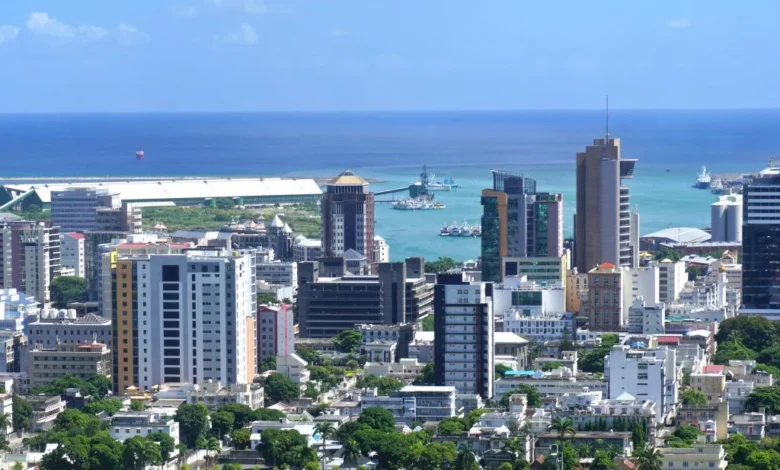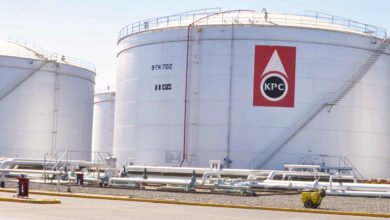
Mauritius is undergoing a transformation to reposition itself on the global financial stage, a country once synonymous with tax avoidance and offshore secrecy.
The island nation, was once blacklisted by the European Union in 2020 for facilitating corporate tax evasion, but has since reformed its fiscal and regulatory frameworks to align with international standards set by the OECD and the EU.
Key reforms include raising the corporate tax rate to 15%, requiring offshore entities to demonstrate real economic activity, and joining global tax information exchange mechanisms.
These changes enabled Mauritius to be removed from the EU’s blacklist and have opened the door to stronger economic ties with Europe.
EU and Mauritius announced in April 2025 plans to negotiate a Deep and Comprehensive Free Trade Agreement—the first between the EU and a sub-Saharan African country.
Strategically, Mauritius has also solidified its position as a top financial player in Africa, now ranking as the continent’s second most important financial center after Casablanca, according to the Global Financial Centres Index.
The Port Louis-based International Financial Centre (IFC) has become a hub for investors looking to tap into African markets, with Mauritius Commercial Bank—one of the few African banks rated investment-grade—placing the IFC at the heart of its regional expansion strategy.
Also Read: Investors Flock Seychelles, Mauritius Over Favourable Investment Terms
However, critics argue that the reforms may be more surface-level than structural.
The Tax Justice Network still ranks Mauritius among the top 20 global tax havens, estimating that around $700 million in tax revenues have been siphoned away from developing nations in Africa and Asia.
In response, countries like South Africa, Kenya, and Senegal are revisiting their tax treaties with Mauritius to reduce revenue leakage.
Meanwhile, Mauritius’s neighbor Seychelles remains under EU scrutiny for similar practices, pointing to the EU’s selective pressure.
Despite concerns, the EU continues to deepen its engagement with Mauritius, while overlooking tax advantages in Casablanca Finance City—revealing a geopolitical calculus behind financial compliance narratives.
Whether the transformation is substantive or strategic adaptation remains to be seen. For now, the country is reaping the diplomatic and economic rewards of playing by the “new rules” in the evolving global financial order.






**mind vault**
mind vault is a premium cognitive support formula created for adults 45+. It’s thoughtfully designed to help maintain clear thinking